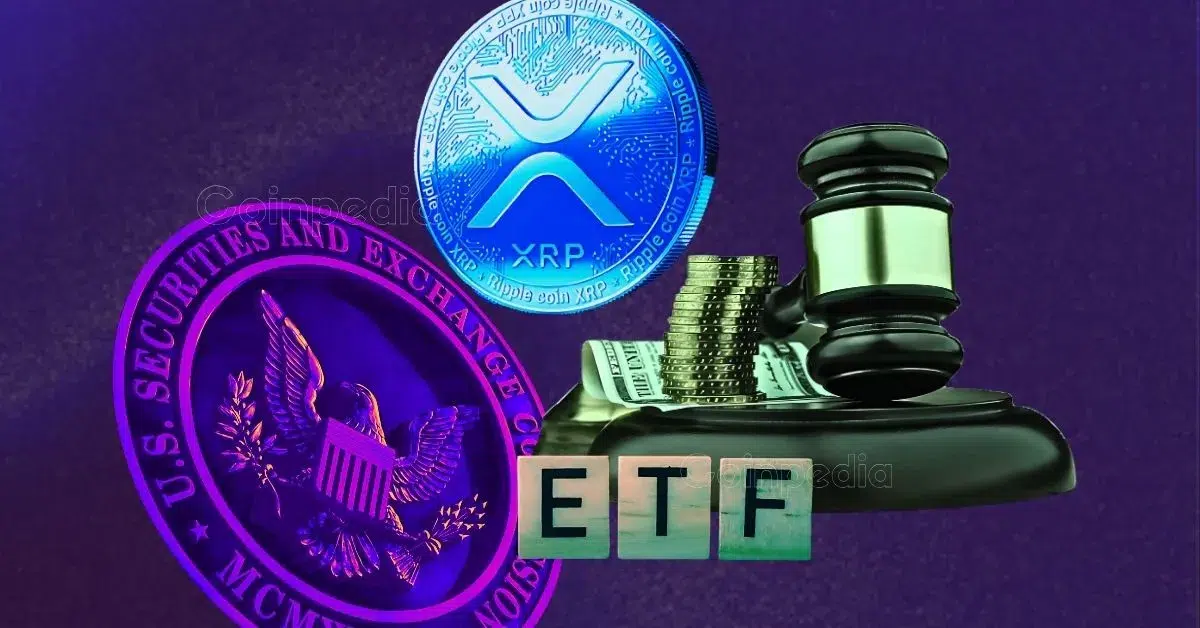
Revolut Plans Stablecoin Launch to Expand Crypto Offerings
London-based fintech giant Revolut is reportedly preparing to expand its cryptocurrency offerings with the introduction of its own stablecoin. This move aligns with the growing trend among fintech firms to diversify their digital asset portfolios.
With a valuation of $45 billion and a recently acquired UK banking license, Revolut is well-positioned to enter the stablecoin market. The company joins the likes of Ripple, PayPal, and BitGo in this burgeoning sector.
Revolut's Compliance-First Approach
Revolut is emphasizing compliance and safety in its stablecoin development. According to sources familiar with the project, the bank is already well into the creation phase. A Revolut spokesperson confirmed these plans, stating that the company aims to "become the safest and most accessible provider of crypto asset services."
Stablecoin Details
The upcoming stablecoin will be fully backed by national reserve assets, likely tied to the British pound since Revolut is headquartered in the UK. This aligns with the industry norm of pegging stablecoins to fiat currencies.
European Market Outlook
Europe offers a favorable regulatory environment for stablecoins, with frameworks such as the Markets in Crypto Assets (MiCA) providing clarity for the industry.
Revolut's Crypto Expansion
Revolut has been actively expanding its crypto services since 2017. The company launched cryptocurrency trading within its app and introduced Revolut X, a standalone crypto exchange, for UK customers in May. The recent banking license approval has further accelerated Revolut's crypto initiatives.
Stablecoin as a Growth Driver
The addition of a stablecoin to Revolut's offerings will broaden its crypto portfolio and potentially increase its market share. Stablecoins are typically profitable due to their backing by fiat reserves, creating an attractive business opportunity for Revolut.
Global Presence and Growth
Since its inception in 2015, Revolut has amassed 40 million customers worldwide, with significant presence in the UK (9 million) and Ireland (2.8 million).


 Cryptopolitan_News
Cryptopolitan_News crypto.news
crypto.news Crypto Daily™
Crypto Daily™ DogeHome
DogeHome ETHNews
ETHNews Optimisus
Optimisus Inside Bitcoins
Inside Bitcoins






















